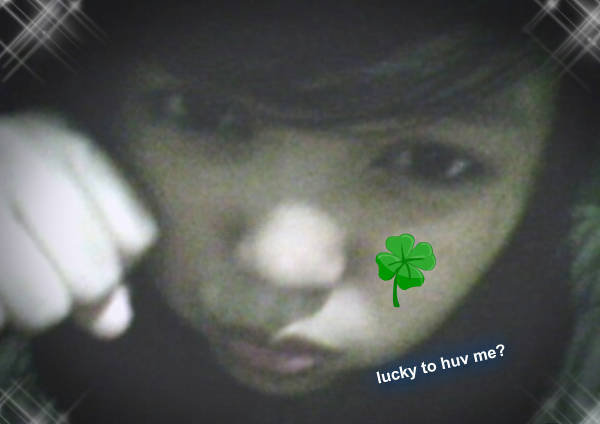Japan keeps title defense alive
Victory over Cuba secures final spot in Classic semifinals in LA

Japan starter Hisashi Iwakuma scattered
real time posted: Thursday, March 19, 2009 5:04:00 PM
SAN DIEGO -- Don't cry for me, Cuba.
For the second time, the Japanese have knocked the once-irrepressible Cubans out of the World Baseball Classic, this time with a 5-0 victory on Wednesday night at PETCO Park behind the combined five-hit pitching of starter Hisashi Iwakuma and reliever Toshiya Sugiuchi.
In 2006, Japan's victory secured the inaugural Classic title. This year, Japan's win secured its place in the final four this weekend at Dodger Stadium along with Team USA, Venezuela and Korea, a team the Japanese play again on Thursday night to determine seeding for the semifinals.
Venezuela is slated to play Saturday evening against Thursday night's loser. The U.S. is scheduled to play the Pool 1 winner on Sunday evening. The finals are Monday.
"For Team Japan, it was a very special game," Japanese manager Tatsunori Hara said afterward. "The reason for that is we had to win. That was the main purpose for us. All the team members, we were aware of this. As the manager, I was all tensed up. The players all felt great pressure. However, they all played a very good game."
Much like the Yankees missing the playoffs this past season for the first time in 13 years, the Cuban defeat was historic on many different levels.
According to statistics supplied by the World Baseball Classic organizing committee, it's the first time since 1951 that Cuba didn't secure a least a finals berth in one of four major international tournaments: the International Baseball Federation World Cup, the Intercontinental Cup, the Olympics and the Classic.
It broke a streak of 40 consecutive trips to the finals in those four events.
In addition, this is the worst finish for the Cubans, who heretofore had never finished below third place in any of those four tournaments. And that had previously happened only three times, the last in the '51 World Cup. This year, the best they could finish with a 4-2 record would be in a tie for fifth with Puerto Rico.
In their six World Baseball Classic games this year, the Cubans scored 36 runs and hit 10 homers against South Africa, Mexico (twice) and Australia. Against the Japanese, they scored none and had only 13 hits, two for extra bases.
Asked about the historic value of stopping the Cubans, whose last tournament victory of any consequence was defeating Australia for the 2004 Olympic gold medal, Hara said: "On behalf of Team Japan, that means a lot. It was a big deal for us and it will be left to history. I have a great respect for the Cuban team and we were able to beat them. For Team Japan and the baseball world of Japan, it meant a great deal."
On a chilly night in San Diego when fog rolled in and out of PETCO Park, it was a dropped fly ball by center fielder Yoennis Cespedes to deep left-center with two out and runners on second and third in the fourth inning that seemed to seal Cuba's fate. The shot off the bat of Japanese first baseman Michihiro Ogasawara led to a pair of unearned runs.
Cespedes drifted back in the fog to one-hand the ball and watched helplessly as it glanced off his glove.
It was the second time in four games that Japan had vanquished Cuba in this Pool 1 bracket. On Sunday, the Japanese defeated Cuba, 6-0, behind the deft work of right-hander Daisuke Matsuzaka, who in his six innings of work allowed five hits -- all singles -- whiffed eight and walked none.
The right-handed Iwakuma, the Sawamura Award winner as the top pitcher last year in the Japan leagues, matched Matsuzaka's performance by allowing only five hits before he was replaced in the seventh by the left-handed Sugiuchi.
"Today, of course, I felt the pressure," Iwakuma said. "If we lost, then that was the end of it. My role was I wanted to do my best and then all of us played a good game. All of us, we played as one and now we are able to advance to Los Angeles."
But Iwakuma labored a little more intensively than Matsuzaka, stranding runners on first and third by whiffing Leslie Anderson to end the fourth. And after Cespedes tripled to right-center with two out in the sixth, Iwakuma induced Alfredo Despaigne to check his swing and bounce back to the box.
It was Cuba's last threat, and perhaps last of a dynasty, as Sugiuchi retired the nine batters he faced, striking out four. The Cuban delegation declined to attend the postgame news conference with manager Higinio Velez issuing a short statement, congratulating the Japanese.
"They were much better than us and that's why they deserved the victory," he said. "They do deserve to go to the finals. So the only thing left for us to do is to continue to fight for our great game, baseball."
In the strange vagaries of that game, Japan has mastered Cuba, going 3-0 against them over the course of the first two World Baseball Classics, but it is 2-4 against rival Korea, including a pair of losses in three meetings this year. Its biggest win against Korea came in the single-elimination semifinals in '06.
"I try not to worry about it. It's difficult to study the other team," Hara said. "I did have some amount of data relating to that. But what it comes down to, Team Japan had to play our game. That was all there was to it. Cuba is a very strong team."
10:45 AM
|
Labels:
Korea Baseball
|
